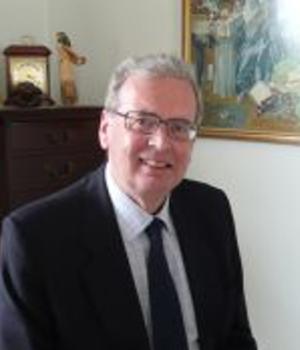Not in stock

Philip Ledger
From his teen years, Philip Ledger seemed destined to become one of England's leading organists; he did so, and quickly, but he also expanded his musical activities in several other directions. Early on, he was a prize‑winning fellow of the Royal College of Organists in London, and was further trained at King's College, Cambridge, where he was an honors student. He became the youngest cathedral organist in England with his 1961 appointment as master of music at Chelmsford Cathedral; he remained there until 1965, at which point he became director of music at the new University of East Anglia (until 1973). There, Ledger also served as dean of the School of Fine Arts and Music from 1968 to 1971. It was in 1968 that Ledger was also made an artistic director of the Aldeburgh Festival, from which time he was deeply involved in Benjamin Britten's recordings of his own choral music. Around this time Ledger became ubiquitous in concert around London and on recordings, playing piano with the Melos Ensemble, harpsichord with chamber orchestras and ensembles (as both soloist and continuo player), and organ in recitals at Royal Festival Hall.
Ledger's prominence peaked with his work as music director of King's College, Cambridge (1974–1982), where he took over from David Willcocks and made an extensive series of choral recordings. He gave up King's to become principal of the Royal Scottish Academy of Music and Drama in Glasgow, and became an honorary professor at the University of Glasgow in 1993. In 1985, he had added to his list of honors Commander of the Order of the British Empire. Ledger is especially highly regarded as a performer of early English music, on which his scholarly work has centered; Ledger has edited the Oxford Book of English Madrigals and works of Byrd, Handel, and Purcell, most notably a performing edition of the latter's King Arthur.
